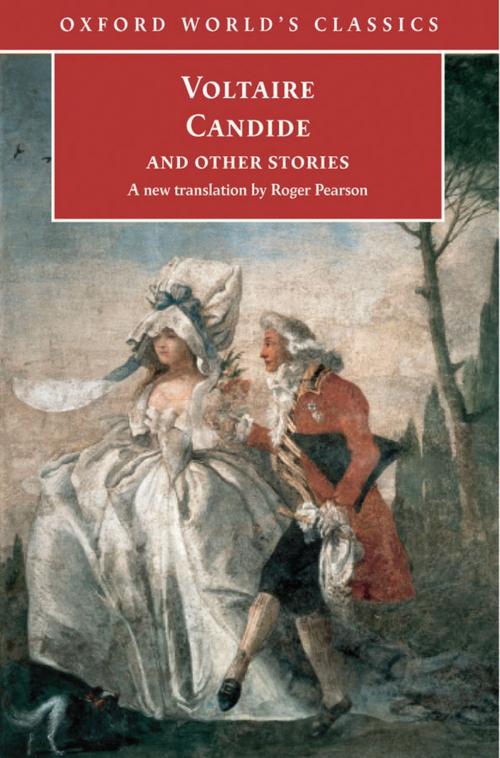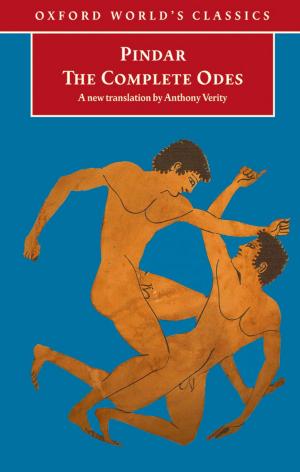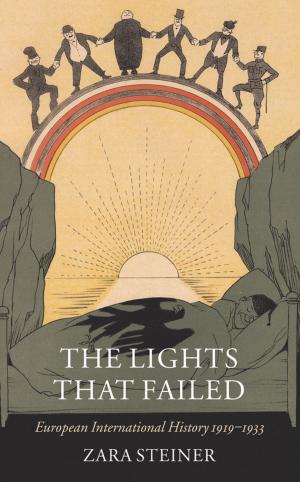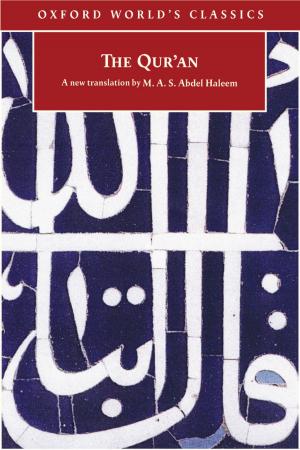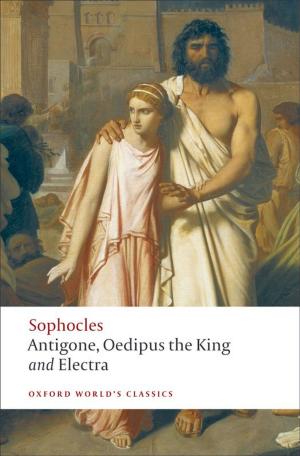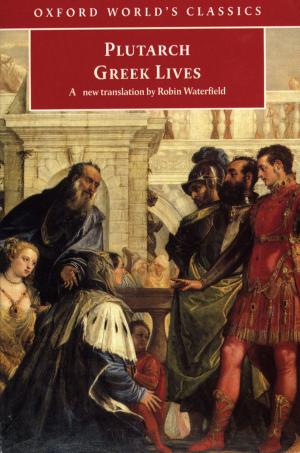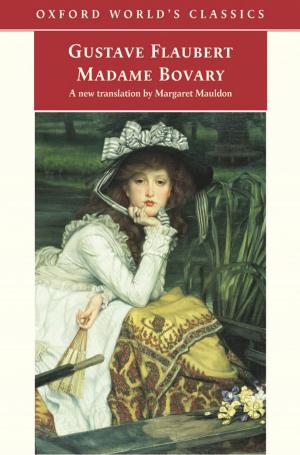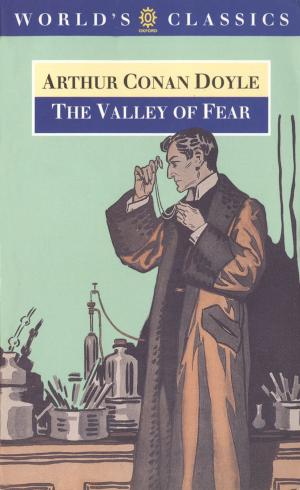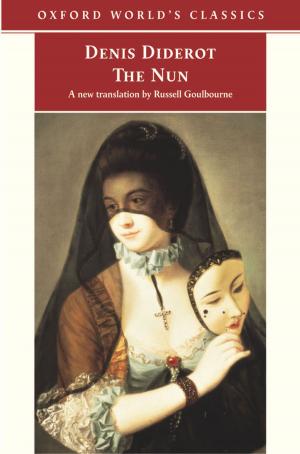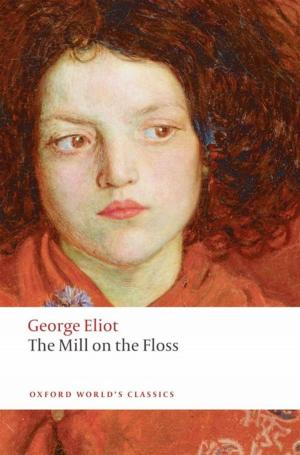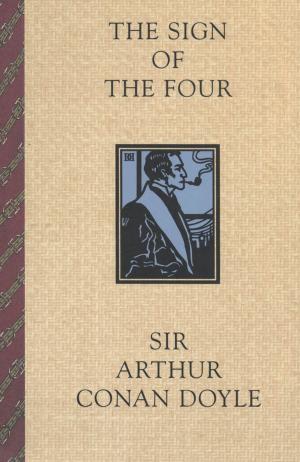Candide and Other Stories
Nonfiction, Religion & Spirituality, Philosophy, Fiction & Literature, Classics| Author: | Voltaire | ISBN: | 9780191604980 |
| Publisher: | Oxford University Press, UK | Publication: | September 20, 1990 |
| Imprint: | OUP Oxford | Language: | English |
| Author: | Voltaire |
| ISBN: | 9780191604980 |
| Publisher: | Oxford University Press, UK |
| Publication: | September 20, 1990 |
| Imprint: | OUP Oxford |
| Language: | English |
Candide is the most famous of Voltaire's 'philosophical tales', in which he combined witty improbabilities with the sanest of good sense. This edition includes four other prose tales - Micromegas, Zadig, The Ing--ecirc--;nu, and The White Bull - and a verse tale based on Chaucer's The Wife of Bath's Tale,: What Pleases the Ladies. - ;'If this is the best of all possible worlds, then what must the others be like?' Young Candide is tossed on a hilarious tide of misfortune, experiencing the full horror and injustice of this 'best of all possible worlds' - the Old and the New - before finally accepting that his old philosophy tutor Dr Pangloss has got it all wrong. There are no grounds for his daft theory of Optimism. Yet life goes on. We must cultivate our garden, for there is certainly room for improvement. Candide is the most famous of Voltaire's 'philosophical tales', in which he combined witty improbabilities with the sanest of good sense. First published in 1759, it was an instant bestseller and has come to be regarded as one of the key texts of the Enlightenment. What Candide does for chivalric romance, the other tales in this selection - Micromegas, Zadig, The Ingenu, and The White Bull - do for science fiction, the Oriental tale, the sentimental novel, and the Old Testament. This new edition also includes a verse tale based on Chaucer's The Wife of Bath's Tale, in which we discover that most elusive of secrets: What Pleases the Ladies. -
Candide is the most famous of Voltaire's 'philosophical tales', in which he combined witty improbabilities with the sanest of good sense. This edition includes four other prose tales - Micromegas, Zadig, The Ing--ecirc--;nu, and The White Bull - and a verse tale based on Chaucer's The Wife of Bath's Tale,: What Pleases the Ladies. - ;'If this is the best of all possible worlds, then what must the others be like?' Young Candide is tossed on a hilarious tide of misfortune, experiencing the full horror and injustice of this 'best of all possible worlds' - the Old and the New - before finally accepting that his old philosophy tutor Dr Pangloss has got it all wrong. There are no grounds for his daft theory of Optimism. Yet life goes on. We must cultivate our garden, for there is certainly room for improvement. Candide is the most famous of Voltaire's 'philosophical tales', in which he combined witty improbabilities with the sanest of good sense. First published in 1759, it was an instant bestseller and has come to be regarded as one of the key texts of the Enlightenment. What Candide does for chivalric romance, the other tales in this selection - Micromegas, Zadig, The Ingenu, and The White Bull - do for science fiction, the Oriental tale, the sentimental novel, and the Old Testament. This new edition also includes a verse tale based on Chaucer's The Wife of Bath's Tale, in which we discover that most elusive of secrets: What Pleases the Ladies. -
